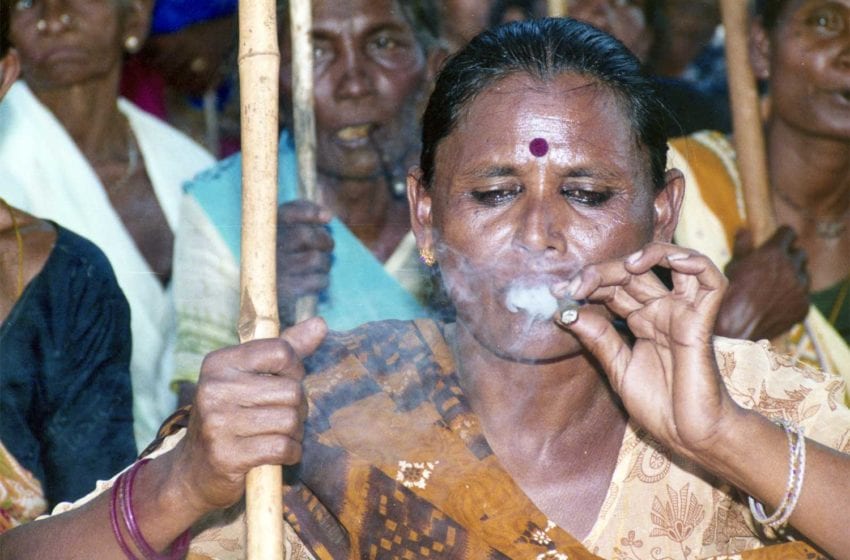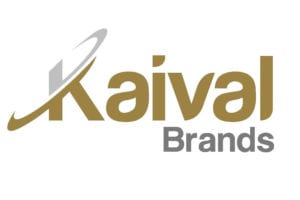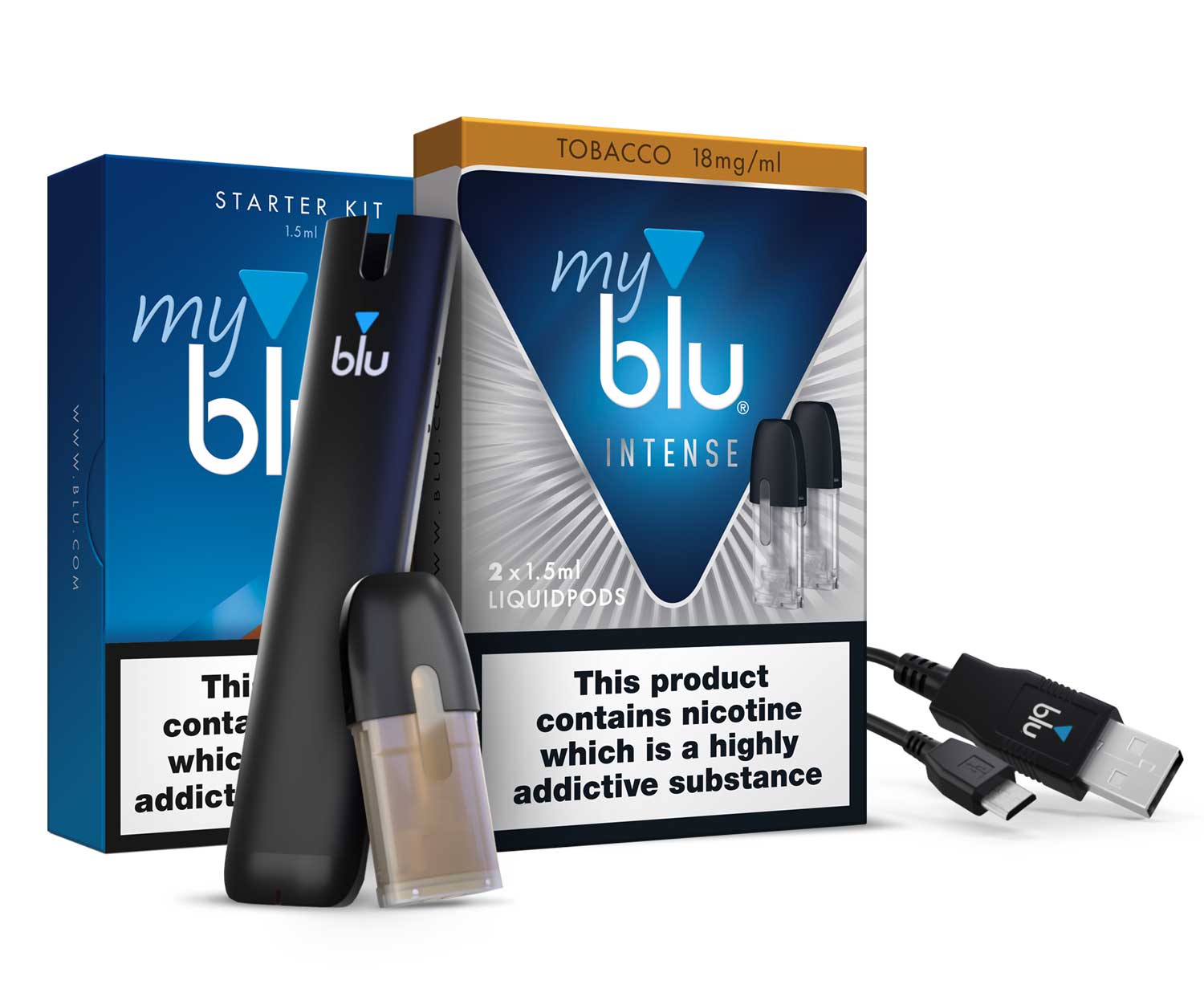
A bill seeking to lower the purchase age for e-cigarettes and heated-tobacco products has lapsed into law in the Philippines, reports ABS-CBN, citing a tweet sent by Presidential Press Secretary Trixie Cruz-Angeles.
The measure moves the regulation of vapes to the Department of Trade and Industry from the Food and Drug Administration. It also lowers the age of sale from 21 to 18.
The proposal was reportedly submitted to the Presidential Palace on June 24, days before then President Rodrigo Duterte stepped down from office.
A bill will lapse into law if the chief executive fails to act on it 30 days after receipt from Congress, according to the Official Gazette.
The vape regulation bill was approved by both the Senate and the House of Representatives of the 18th Congress in January but remained on the Speaker’s table until the final days of the Duterte administration. As a consequence of its delayed transmission to the presidential office, the bill was inherited by President Ferdinand “Bongbong” Marcos Jr.
In addition to lowering the purchase age for e-cigarettes and heated-tobacco products, the bill removes a two-flavor limit on the products’ flavors or juices, allows sponsorships beyond industry associations and trade events and allows tobacco companies to conduct corporate social responsibility-related activities.
Anti-vape advocates vowed to contest the new legislation in court.














 Kaival Brands Innovations Group (KBI) announced the launch of Philip Morris International’s Veeba disposable e-cigarette in Canada.
Kaival Brands Innovations Group (KBI) announced the launch of Philip Morris International’s Veeba disposable e-cigarette in Canada.


